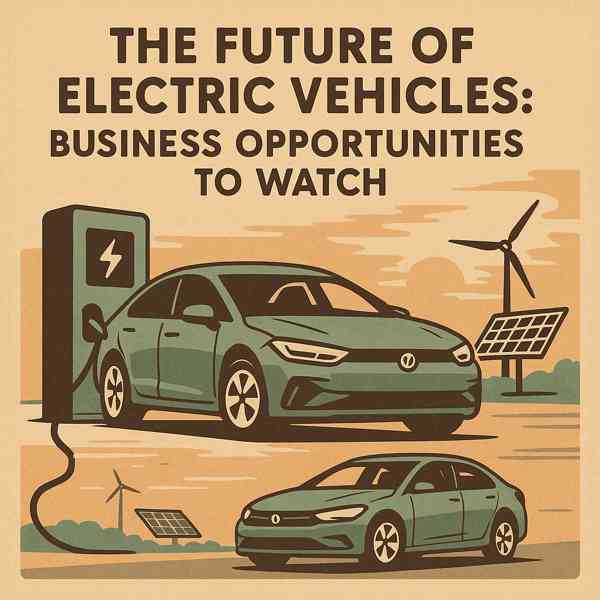
With zero emissions and cutting-edge technology, EVs are quickly becoming a mainstream choice for personal and commercial travel.
As battery technology improves and infrastructure expands, owning an electric vehicle has never been more appealing.
What Are Electric Vehicles?
Unlike gasoline-powered cars, EVs produce zero tailpipe emissions.
Key components of EVs include:
- Electric motor
- Battery pack
- Controls efficiency and output
- Connects to home or public chargers
Electric vehicles come in various types, such as hybrid electric vehicles (HEVs)—each with different levels of electrification.
Advantages of Going Electric
Whether you're looking to save money or reduce emissions, EVs offer a compelling option.
What makes EVs attractive:
- Electricity is cheaper than gas
- Environmental sustainability
- Better overall driving comfort
- Rebates and subsidies in many regions
For eco-conscious and cost-aware drivers, electric vehicles are an increasingly responsible choice.
Challenges of Electric Vehicles
Despite the growing popularity of EVs, they still face some challenges that buyers should consider.
EV challenges to consider:
- Shorter range compared to gas vehicles
- Not all areas have adequate public chargers
- Higher initial cost
- Replacement can be costly without warranty
As technology advances and infrastructure improves, many of these challenges are becoming easier to manage.
Types of Electric Vehicles
EVs vary by power source, range, and usage.
EV formats explained:
- Battery Electric Vehicles (BEVs)
- Can switch between electric and fuel power
- Combines electric and gas power but cannot plug in
- Fuel Cell Electric Vehicles (FCEVs)
Each type has its pros and cons, so buyers should choose accordingly.
EV Charging and Infrastructure
There are multiple charging levels and methods depending on your location.
Types of EV charging stations:
- Slow but accessible anywhere
- 240V outlet at home or public stations
- Can charge 80% in under an hour
- Wireless or inductive charging (emerging tech)
As public charging networks expand, EV owners will enjoy even more accessibility and peace of mind.
The Future of Electric Vehicles
As governments push for cleaner energy and manufacturers invest in innovation, the future of EVs looks revolutionary.
Trends shaping the future include:
- Higher energy density and faster charging
- get more info Turning cars into energy assets
- Autonomous electric vehicles
- More choices at lower prices
As innovation continues, EVs will become more dominant in the automotive world.
Conclusion
Electric vehicles represent a major shift in how we think about mobility.
From environmental benefits to cutting-edge tech, electric vehicles offer a sustainable alternative to traditional cars.